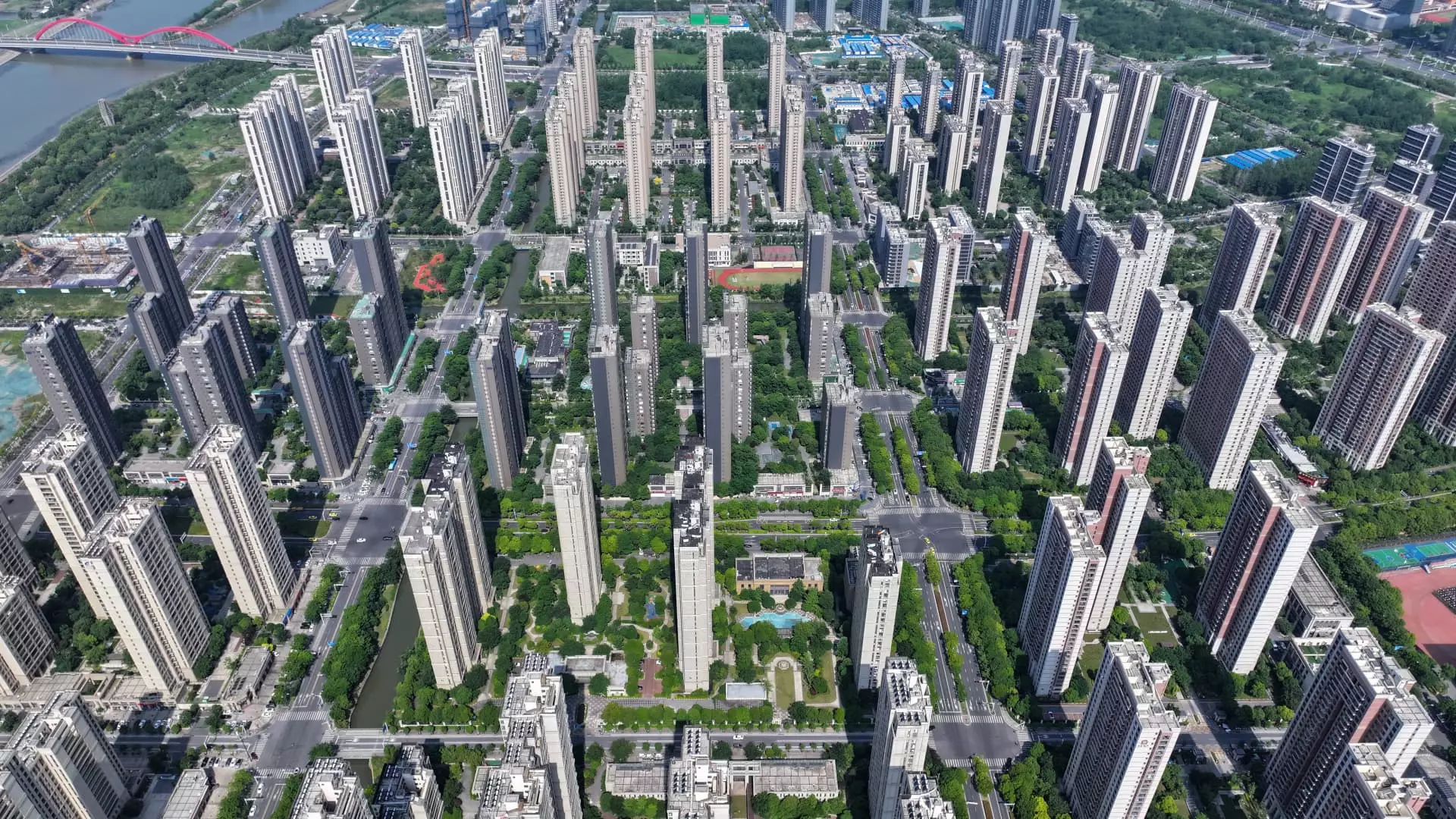Chinese authorities have recently announced new measures to support state-owned enterprises in buying unsold apartments, aimed at providing more funding for developers to complete construction on pre-sold properties. This support marks Beijing’s latest effort to address issues in the massive real estate sector. The central bank of China has pledged to provide 300 billion yuan ($42.25 billion) to financial institutions to lend to local state-owned enterprises so they can purchase unsold apartments. This move is expected to release 500 billion yuan in financing for such purchases, which can later be turned into affordable housing. The government’s intervention as a buyer of the last resort is seen as a positive step towards injecting more liquidity into developers and ultimately facilitating housing delivery.
Despite the government’s efforts to support the real estate market, there are challenges that need to be addressed. Local governments still have limited fiscal resources, which limits the amount they can buy. Additionally, there is a risk of rent-seeking and moral hazard in determining which properties to purchase and which to pass. Rent-seeking refers to making money without creating value, which can lead to inefficiencies in the market. The high housing prices in China relative to household incomes or rent yields pose a significant challenge, and there is uncertainty about the government’s willingness to engineer another spike in housing prices.
Vice Premier He Lifeng emphasized the importance of ensuring the completion and delivery of pre-sold homes at a national videoconference meeting. Developers that fail to meet the requirements to be on the whitelist are expected to address their issues independently. Those that are not financially viable should be allowed to go bankrupt, while others that require restructuring should undergo the necessary changes. The priority should be to protect the interests and rights of homebuyers, and legal violations should be punished accordingly. Resolving the challenges in China’s real estate sector will take time and will require a comprehensive approach.
The People’s Bank of China recently removed the floor on mortgage interest rates and lowered the minimum down payment ratio for first- and second-time home buyers. This move aims to stimulate demand in the housing market and address the existing inventory of pre-sold, unfinished apartments. The delays in the delivery of completed apartments have led to an accumulation of unsold properties, posing a challenge to developers and the overall market. The official house price index indicated a significant decline in April, reflecting the challenges facing the real estate sector.
The Chinese government’s support for the real estate sector is a welcome development, but there are significant challenges that need to be addressed. The issues of unsold apartments, delays in construction, and high housing prices require a coordinated effort from the government, developers, and financial institutions. The focus should be on ensuring the completion and delivery of pre-sold homes, protecting the interests of homebuyers, and promoting a stable and sustainable housing market. Only through comprehensive reforms and effective regulation can the Chinese real estate sector overcome its current challenges and achieve long-term stability and growth.

